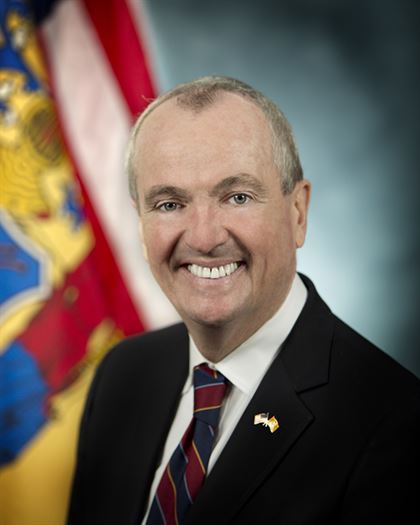New Jersey Gov. Phil Murphy has proposed a new set of ethics to the New Jersey State Legislature to create a more open and transparent process in Trenton.
This comes after a 2015 article by the Center for Public Integrity which gave New Jersey a D-rating in transparency and accountability, just three years after New Jersey received the highest score in the nation, a B+ in 2012.
According to NJ.gov, Sen. Richard Codey claims it has been some time since the ethics have been changed.
“These ethics standards have not been updated since 2005,” Codey said. “They were considered the best in the country then, and we want to stay to that standard.”
According to Politico, Gov. Murphy states that the legislature has an “official duties” carve-out that allows the legislative branch to get around the release of documents to the public.
The NJ.gov article states, “The bill will remove the very broad legislative exemption to OPRA that exempts all communications for the use of a legislative member in the course of their official duties.”
New Jersey’s Open Public Records Act (OPRA) is designed to require any information of government official actions or documents be available to the public at any time.

Marcus Sinclair, a junior political science major talks about how the ethics bill will change the legislature in Trenton.
Drew Mumich | The Montclarion
Marcus Sinclair, a junior political science major, feels that removing the exemption creates a more open relationship between the public and government officials.
“It shuts it off from the bottom to the top,” Sinclair said. “It looks like staff members [will] not be able to exempt themselves from revealing certain communications and certain records… that goes back to point of what Gov. Murphy is trying to do, to make lobbying as open as possible.”

Anthony Sanchez, Freshmen Business major expresses his opinion over the transparency regarding government officials.
Drew Mumich | The Montclarion
Anthony Sanchez, a freshman business major, agrees that the policies of opening up governmental practices, such as lobbying to public scrutiny, are a good idea.
“I think that’s good, people should know what’s going on in the government, to know that [the government officials] are not trying to hide anything,” Sanchez said.
The Legislative Package of Comprehensive Ethics Reforms for State Government is a five-bill package focusing on restrictions of gifts being accepted by government officials and financial disclosures of those making more than $100,000 annually. The package will also extend the cooling off period to legislatures looking to become lobbyists from one year to two years.
The bill will also require an extension policy where all legislative proposals will not be voted on unless the final document of the bill is made publicly available on the legislation website for 72 hours.

Sophia Greg, a freshmen family science and human development major, with Kristen O’Conner a senior Family Science and human development major discuss the new ethics reforms being rolled in Trenton.
Drew Mumich | TheMontclarion
Sophia Greg, a freshman family science and human development major, feels the public should be more involved.
“I think it should be open to the public, those [are] our laws, we are living here, we should have a say,” Greg said.
As reported by various news outlets, several lawmakers on both sides of the aisle have agreed to sponsor the proposal.
“If you look at it from a bigger scheme it solves a lot of questions that we have nationally,” Sinclair said. “People say [Congress] lobbies too much, corporate organization are allowed to give them too much money, Congress has too much of a pay-to-play kind of mentality, and here we are actually solving the pay-to-play rulebook.”



